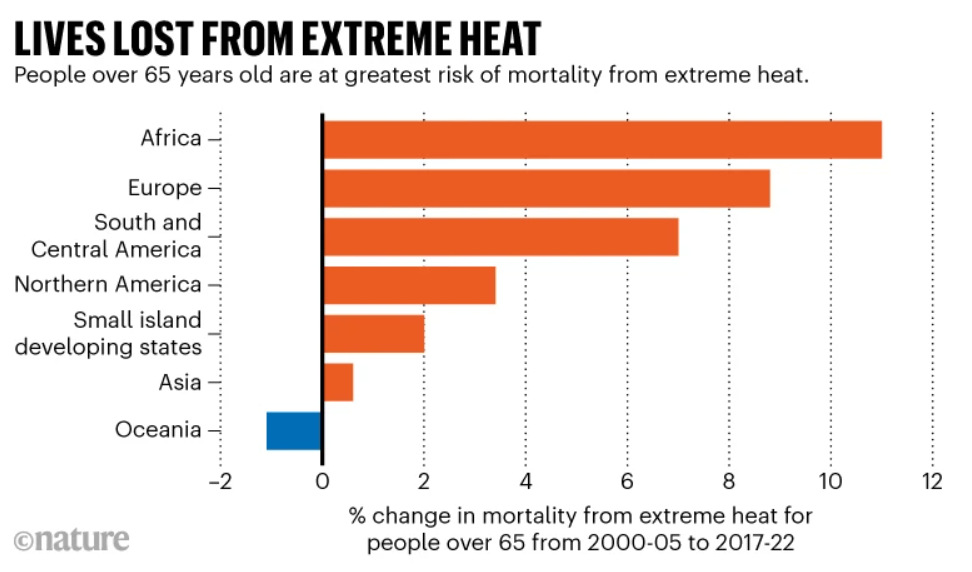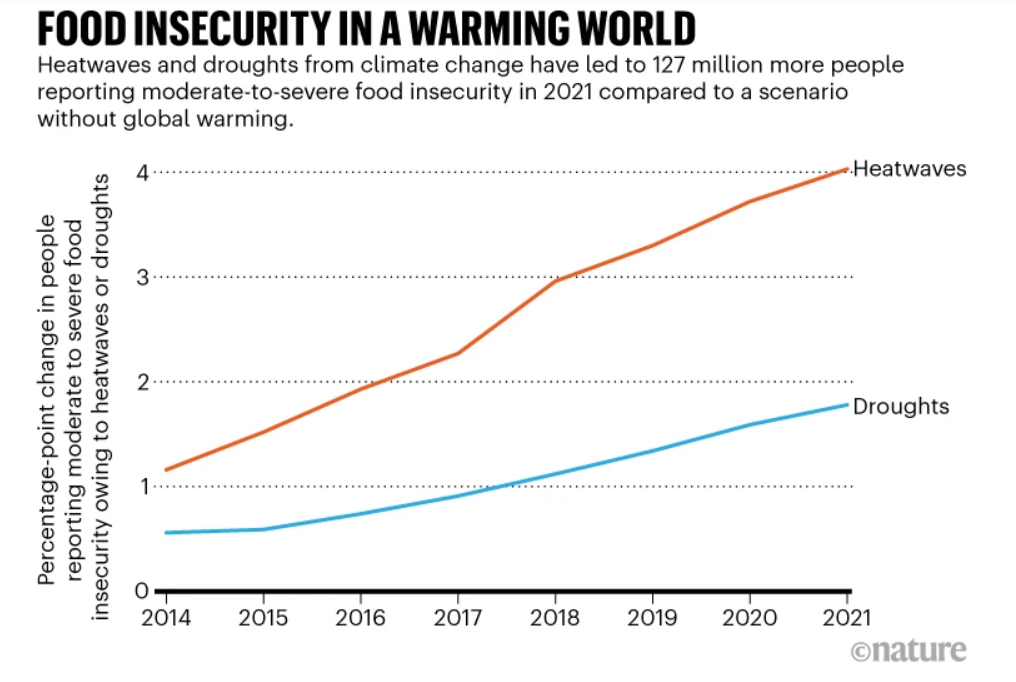Climate Change: A Growing Health Crisis
Climate change is not only an environmental issue but also a significant health crisis. Rising global temperatures are leading to increased spread of infectious diseases, higher mortality rates, and escalating food insecurity. These concerns are highlighted in the 2023 report of The Lancet Countdown on health and climate change, emphasizing the urgent need for health-focused climate action.
Key Impacts
- Heatwaves: Elevated temperatures are causing more frequent and severe heatwaves, leading to higher incidences of cardiovascular diseases and heat strokes, particularly among vulnerable populations such as the elderly and infants.
- Infectious Diseases: Warmer climates are expanding the habitats of disease-carrying vectors like mosquitoes, resulting in the spread of diseases such as malaria and dengue to new regions.
- Food Insecurity: Climate-induced extreme weather events are disrupting agricultural productivity, leading to reduced food availability and increased hunger, especially in low-income communities.
Adaptation and Resilience
To mitigate these health impacts, it is crucial to enhance climate resilience through adaptation strategies. This includes developing early warning systems for extreme weather events, improving healthcare infrastructure, and implementing policies that address the health effects of climate change. The upcoming COP28 climate summit is expected to focus on these health-related climate issues, with over 50 health ministers anticipated to attend and discuss financial commitments prioritizing health in climate action.










